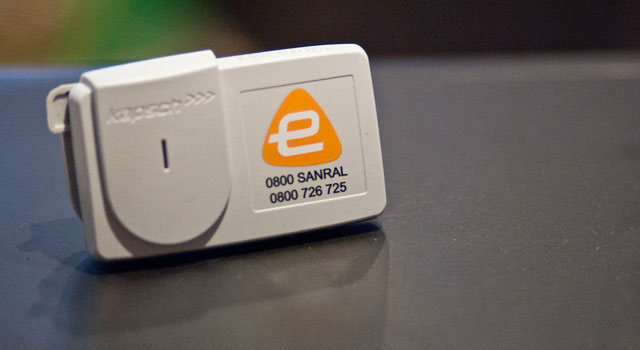
Roads agency Sanral and Electronic Toll Collections (ETC) have budgeted to spend R473,2m on communicating with e-toll account holders and transgressors, says the Democratic Alliance, which has a copy the contract between the two companies.
The total cost of communications for a transaction clearance house, responsible for the hosting and accuracy of all e-toll accounts is R92,6m, while the cost of communications for a violations processing centre, which will ensure recovery of e-toll fees owed, is R380,6m, says shadow transport minister Ian Ollis.
“The DA believes that the provisional costs of communication add to growing proof of how expensive it will be to operate e-tolls in Gauteng,” Ollis says.
The increased spending by the violations processing centre forewarns of the struggle to track down transgressors and will result in both increased operating costs and fewer fees being recovered.
According to Ollis, the transaction clearance house costs breakdown shows R20m will be spent sending SMSes; R600 000 for e-mail; R40m for calls to cellular phones; R25m for calls to landlines; R4m for faxes; and R3m for letters.
The violations processing centre costs are R80m for SMS; R600 000 for e-mail; R175m for calls to cellular phones; R100m for calls to landlines; R15m for faxes; and R10m for letters.
But Sanral has dismissed the DA’s calculations as “fallacious”.
“Either the DA can’t read the documents we sent to them or they are being mischievous,” Sanral spokesman Vusi Mona says. “In case of the former, we shall be patient and help the DA to understand and navigate its way through the voluminous documents we gave them last week.”
Mona says it is disappointing the DA made the claim without seeking clarity from Sanral. The amounts quoted by the DA refer to provisional sums in Sanral’s contract with the service provider, he says. An amount of R427,2m was the provisional sum Sanral could pay, in the worst-case scenario, for communication to e-toll account holders and transgressors.
“However, we can see that at this stage, registration trends show that less than 1% of account holders have indicated that they would like to receive their invoices by mail. The majority have opted for paperless options. This means Sanral will end up spending far less of the provisional figure than projected,” says Mona.
The services listed in the contract, for which the provisional sum was provided, were procured in terms of the Public Finance Management Act.
“The DA also omitted to indicate that the current toll tariff structure, which has been published in the media many times before, makes provision for violations. An increased toll tariff (alternative user toll fee), which is a higher toll fee, becomes applicable should a road user not pay within the seven days grace period. This allows for the additional administration costs to be absorbed and it also avoids a situation where compliant users subsidise noncompliant users,” says Mona. — (c) 2013 NewsCentral Media, with Sapa




